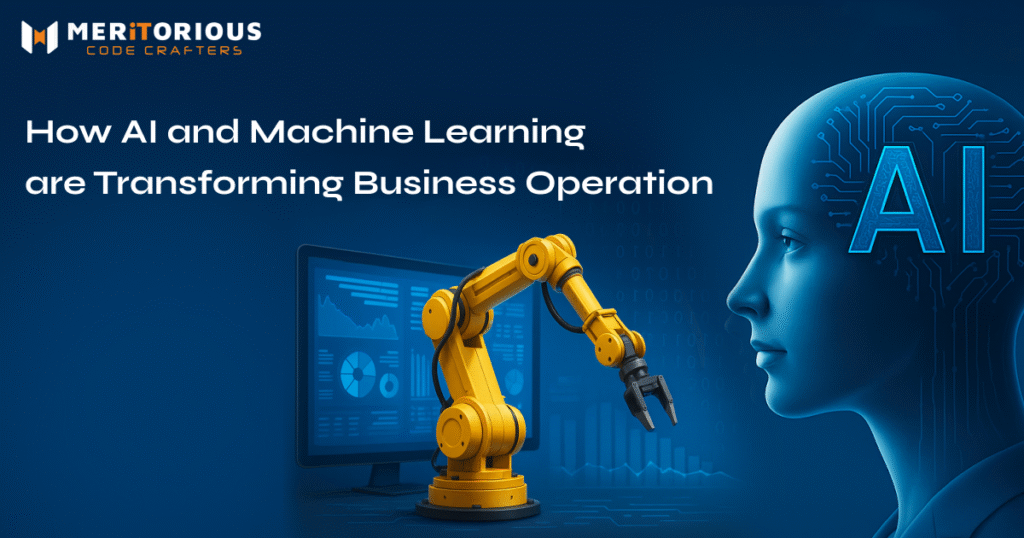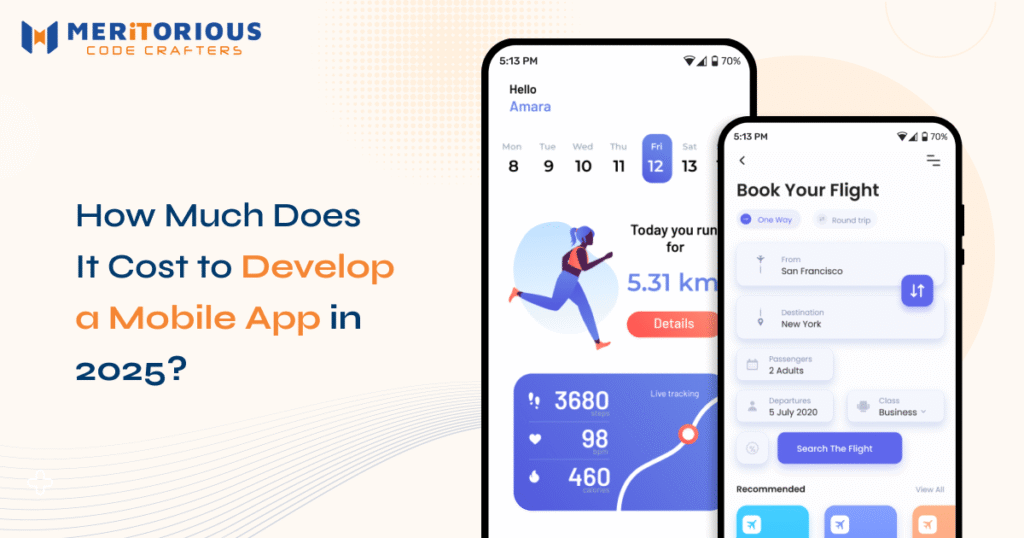Artificial Intelligence (AI) and Machine Learning (ML) have rapidly transitioned from theoretical concepts to practical tools that are reshaping industries worldwide. These technologies are driving innovation, enhancing efficiency, and enabling businesses to make smarter decisions.
1. Automation of Routine Tasks
AI and ML are revolutionizing the workplace by automating repetitive, manual tasks that traditionally required significant human effort. From data entry and customer support to inventory management and HR processes, automation liberates valuable human resources, allowing teams to focus on strategic, creative, and high-value activities. This shift enhances productivity, reduces errors, and accelerates business processes, ultimately leading to cost savings and faster service delivery.
2. Enhanced Customer Experience
The advent of AI-powered chatbots and virtual assistants has transformed customer service paradigms. These intelligent systems offer 24/7 support, providing instant responses to inquiries and troubleshooting issues without human intervention. Leveraging data analysis, businesses can deliver highly personalized interactions, including tailored recommendations and emotional intelligence, boosting customer satisfaction and fostering brand loyalty. This hyper-personalization helps companies build stronger connections with their audiences in an increasingly digital world.
3. Predictive Analytics for Smarter Decisions
ML-driven predictive analytics enable organizations to forecast future trends, customer behaviors, and operational risks with greater accuracy. By analyzing historical data and recognizing complex patterns, these tools empower businesses to anticipate market shifts, optimize inventory levels, and streamline supply chain operations. The ability to make proactive, informed decisions minimizes uncertainties and positions companies for sustained success in competitive landscapes.
4. Personalized Marketing Strategies
AI and ML facilitate hyper-personalization in marketing efforts by analyzing vast amounts of customer data—such as preferences, browsing behaviors, and purchasing history. This deep insight allows marketers to craft targeted campaigns tailored to individual consumers’ needs and interests. Consequently, personalized marketing enhances conversion rates, improves engagement, and cultivates long-term brand loyalty, turning customers into lifelong advocates.
5. Improving Operational Efficiency
AI and ML contribute significantly to operational excellence by identifying inefficiencies and recommending optimized solutions. For example, AI systems can analyze manufacturing processes to reduce downtime, minimize waste, and enhance quality control. These insights lead to cost reductions, increased throughput, and better resource allocation, driving overall productivity and competitive advantage.
Conclusion
AI and Machine Learning are no longer just technological breakthroughs—they are strategic imperatives that can fundamentally transform how businesses operate. By harnessing these powerful tools, organizations can streamline workflows, deliver exceptional customer experiences, and gain valuable insights for smarter decision-making. Embracing AI and ML is essential for companies aiming to thrive in an increasingly digital and data-driven economy, unlocking unprecedented potential for growth and innovation.






